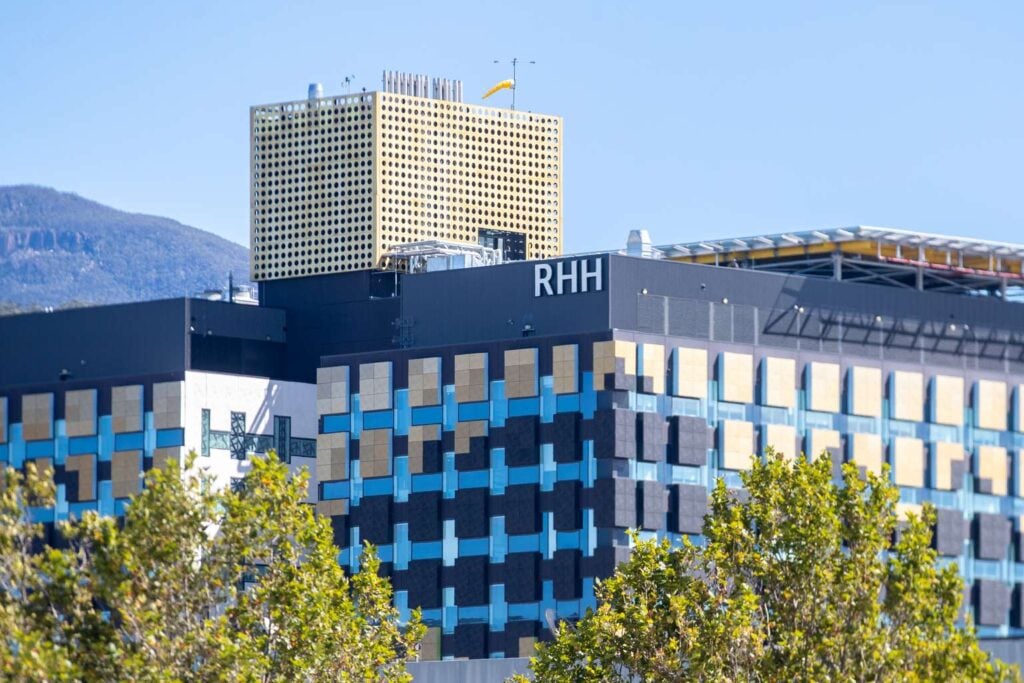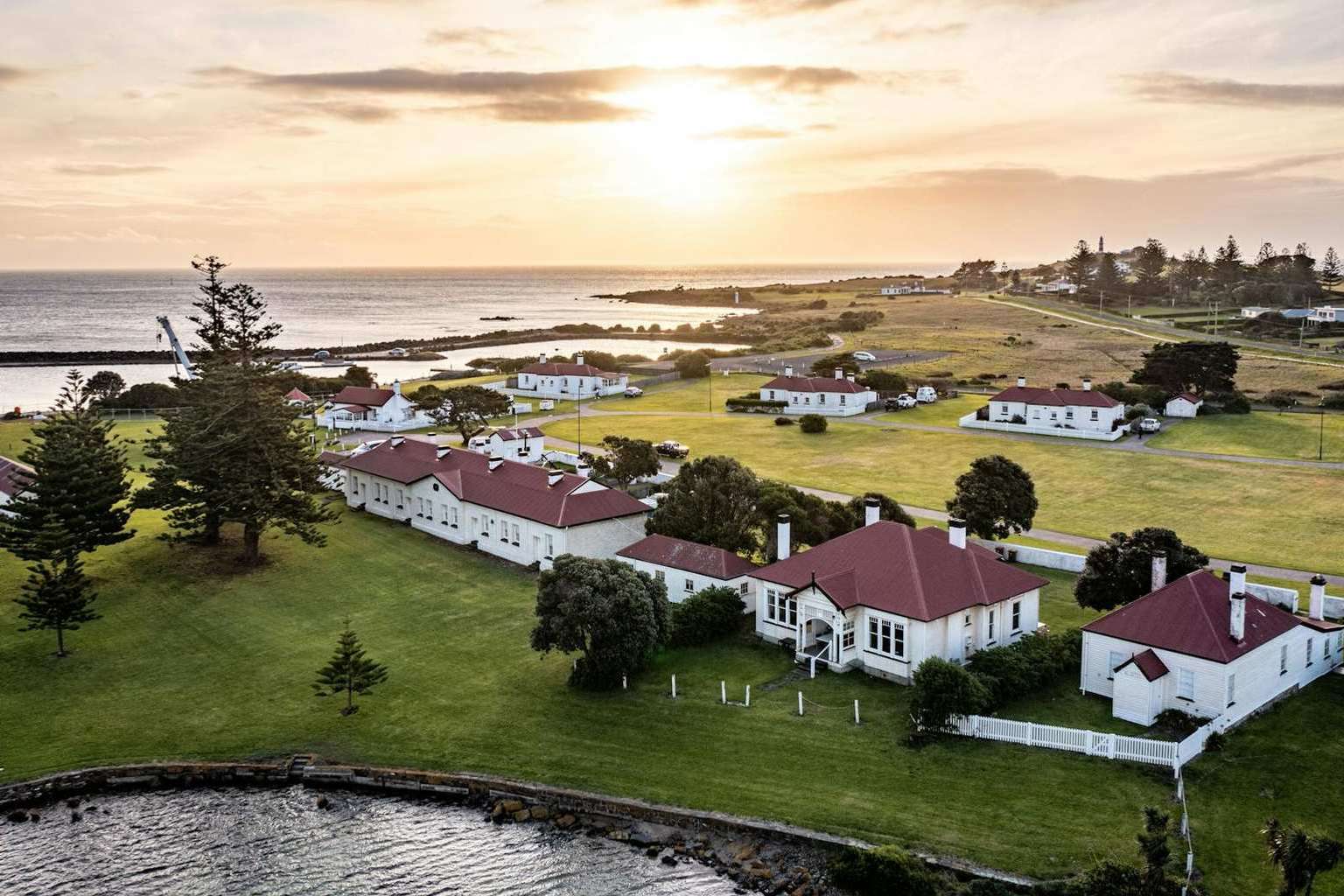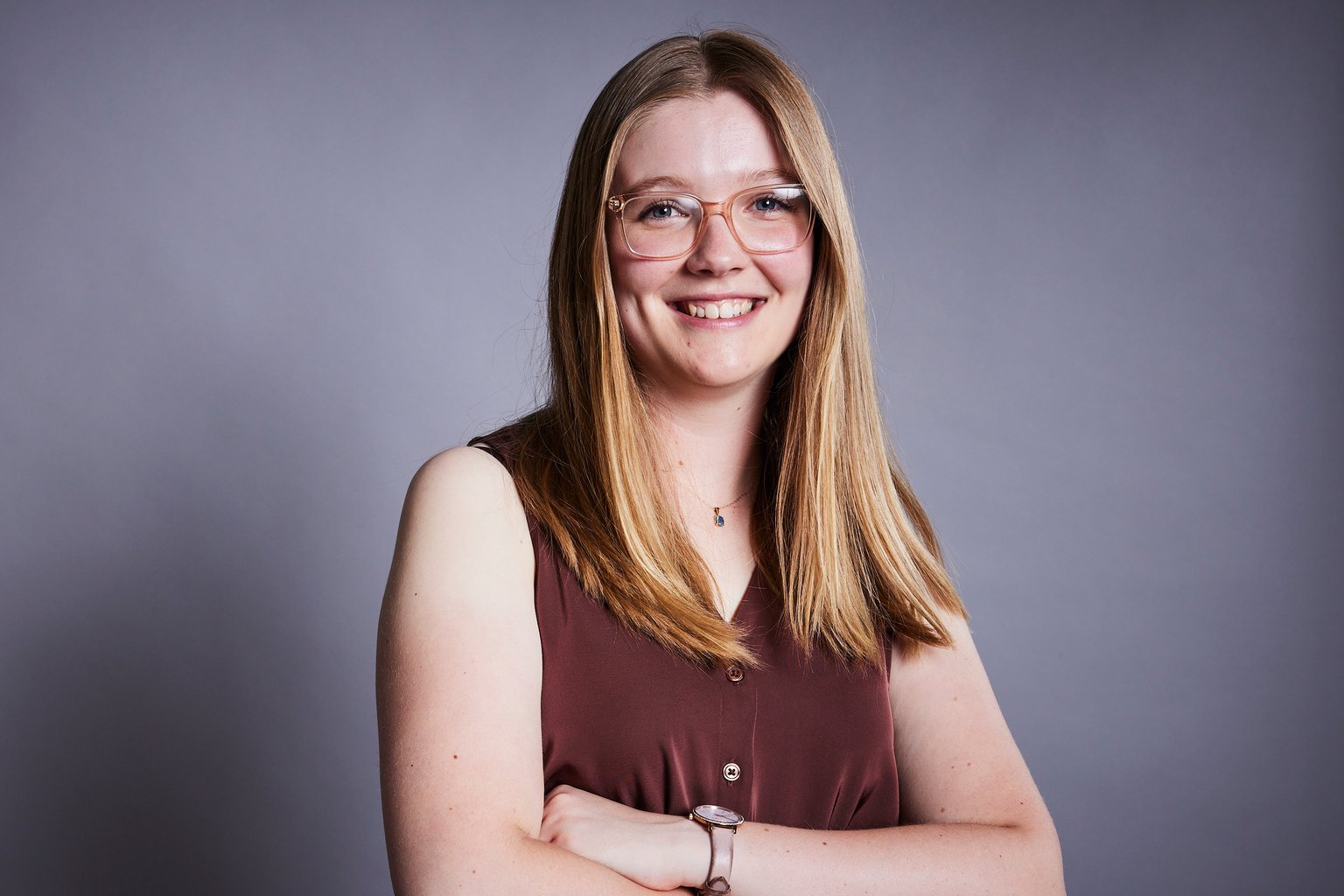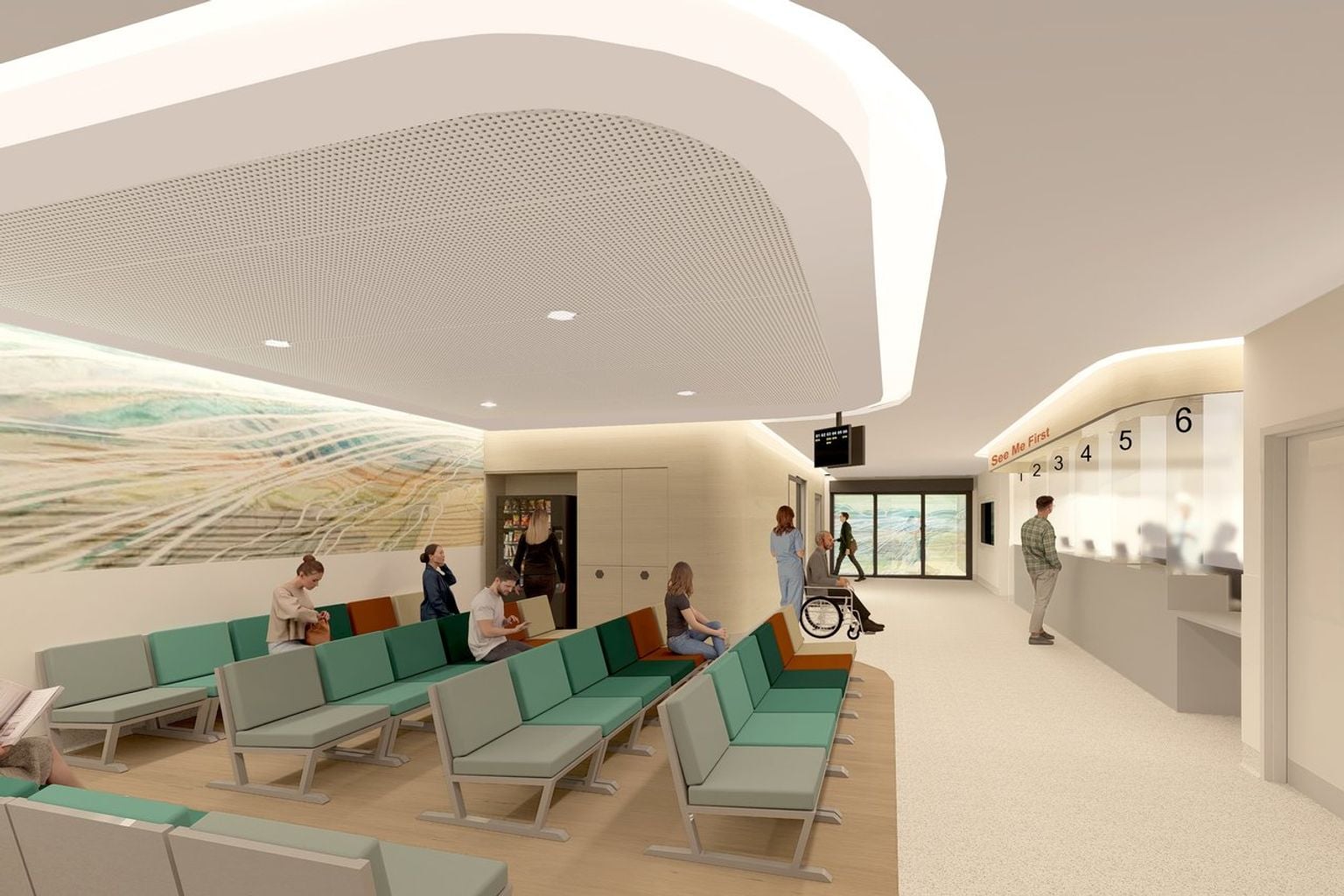Tasmania’s health waiting lists have blown out to their highest levels in a year, with new data showing both elective surgery and outpatient queues growing significantly.
Figures from the Department of Health reveal patients are waiting longer for surgery and specialist appointments, while emergency ambulance response times have also edged up to an average of 15.5 minutes.
In September 2025, there were 9,275 patients on the elective surgery waiting list – up 13.6% from 8,168 the same time last year.
Shadow health minister Sarah Lovell said the figures proved the government had failed to deliver on its long-standing promise to improve Tasmania’s health system.
“We had a promise from this government 10 years ago that they would make Tasmania the healthiest state by 2025,” she said.
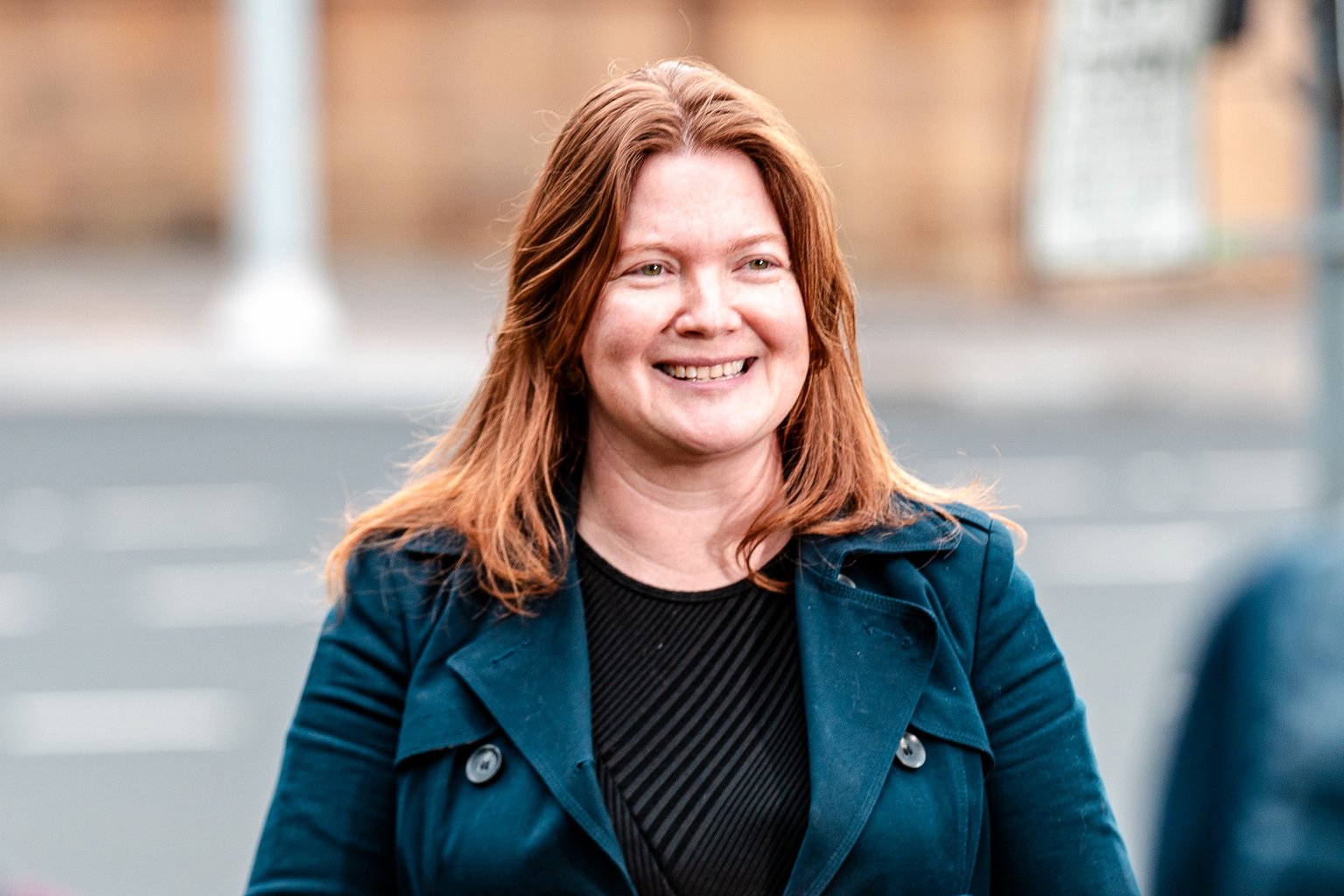
“We also have a national report now claiming that Tasmania is the unhealthiest state.”
A recent national study by Wesfarmers Health found Tasmania had the highest rates of obesity, high blood pressure and chronic disease in Australia.
Lovell said the government routinely underestimated health spending in its budgets, only to ask for extra funding partway through the year.
“I am calling on the treasurer, Eric Abetz, to be the first treasurer who can be honest about this, be upfront about the money they know they will need to deliver the health services Tasmanians need,” she said.
She argued the solution wasn’t necessarily more money, but smarter spending guided by frontline workers.
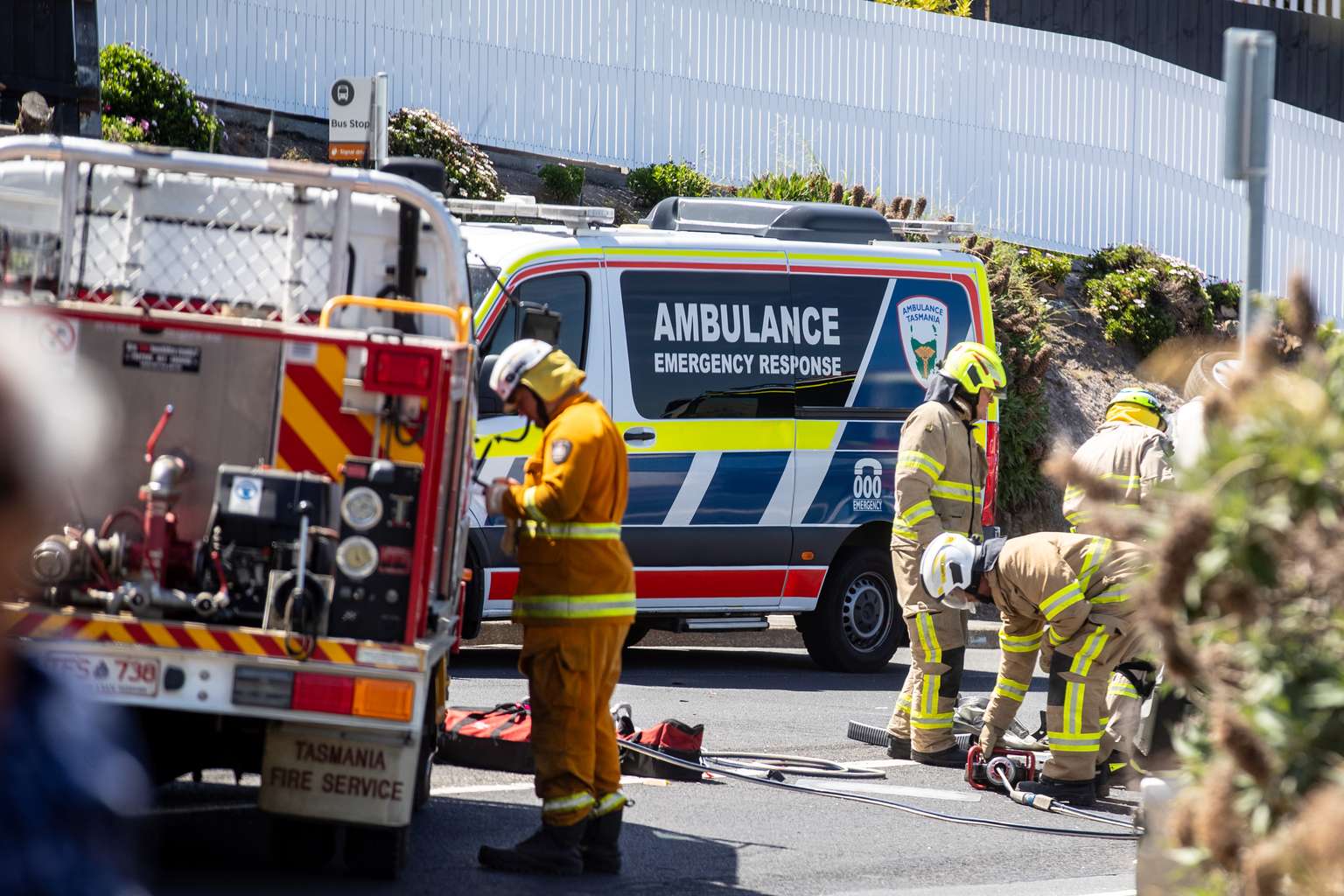
“We’re spending thousands and thousands of dollars on agency nurses and locum doctors because this government can’t attract and retain a workforce that can sustain the delivery of services that Tasmania needs,” she said.
Health Minister Bridget Archer said the government had made “record investments” in health, but faced a $673 million shortfall in federal funding over the next five years.
“The federal government really needs to sharpen their pencil and continue those conversations with states about the adequacy of the health funding,” she said.
Archer said states were being asked to reduce health demand without the resources to do it.
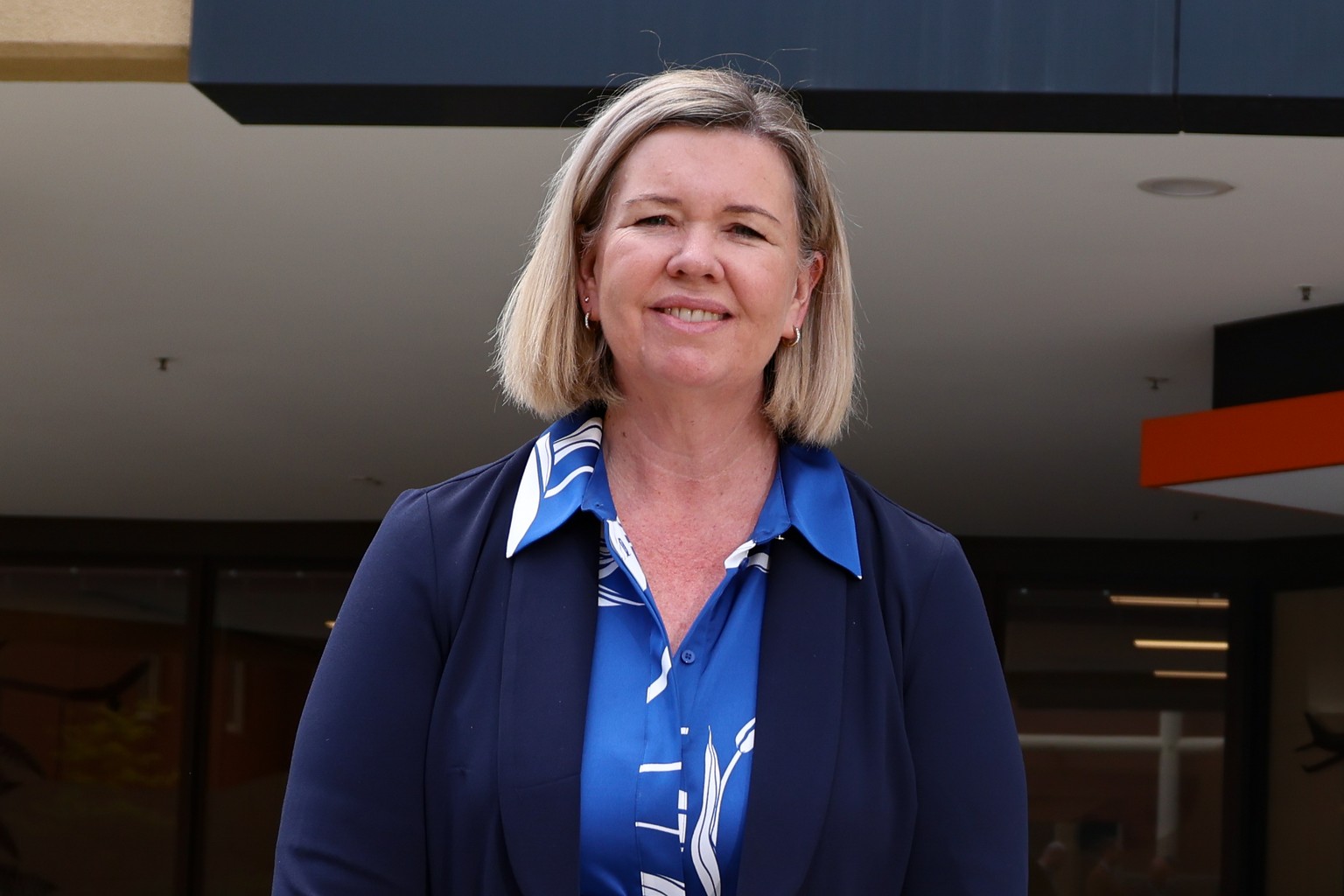
“This is an issue that is being faced right across the country,” she said.
She added she had held discussions with stakeholders about cutting locum costs and recruiting more permanent doctors.
The interim state budget will be handed down next week.

